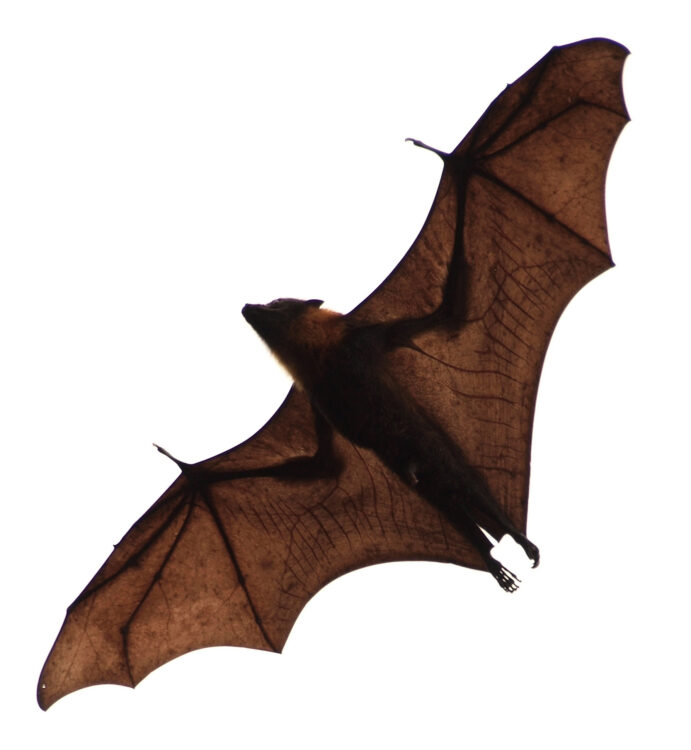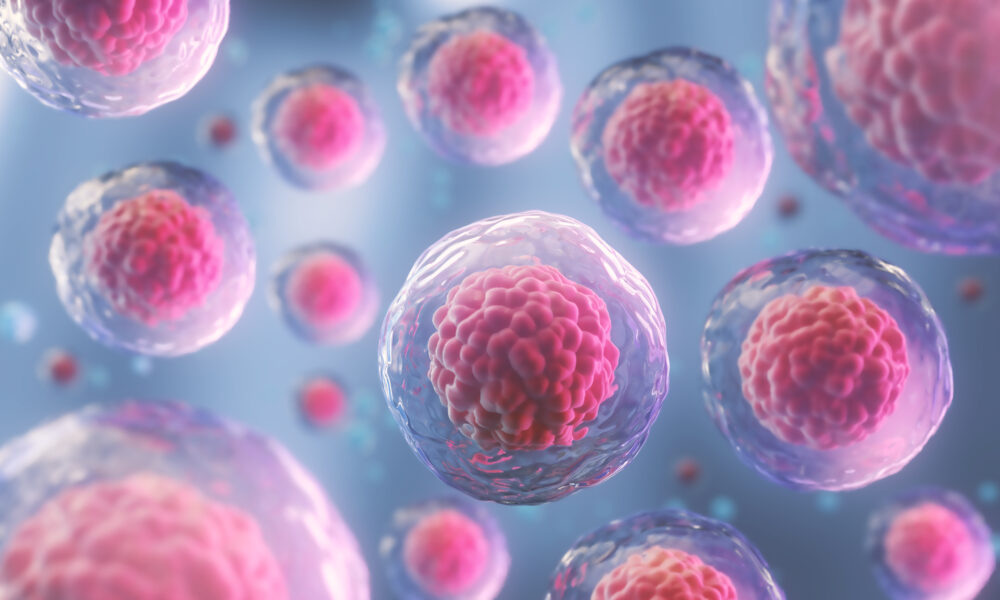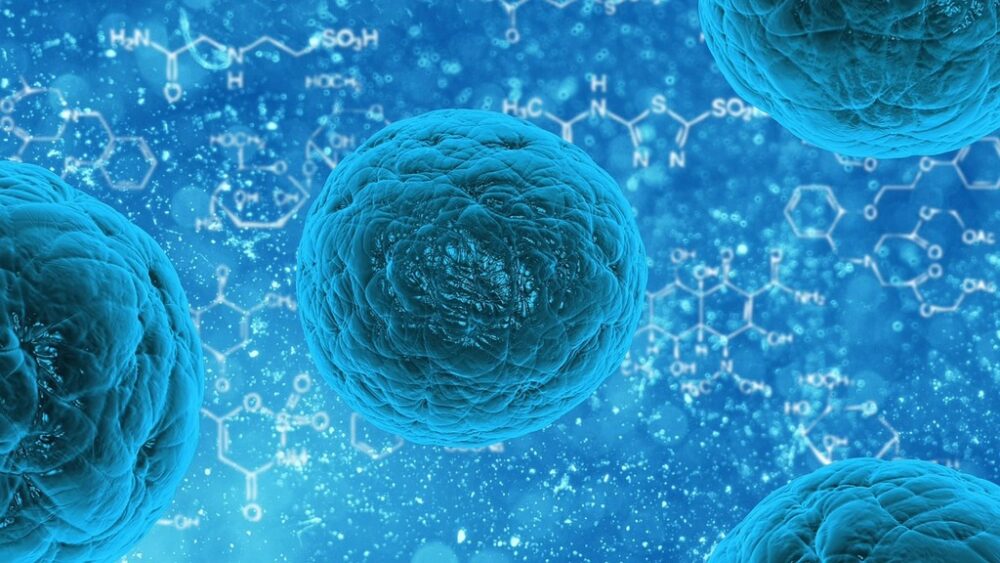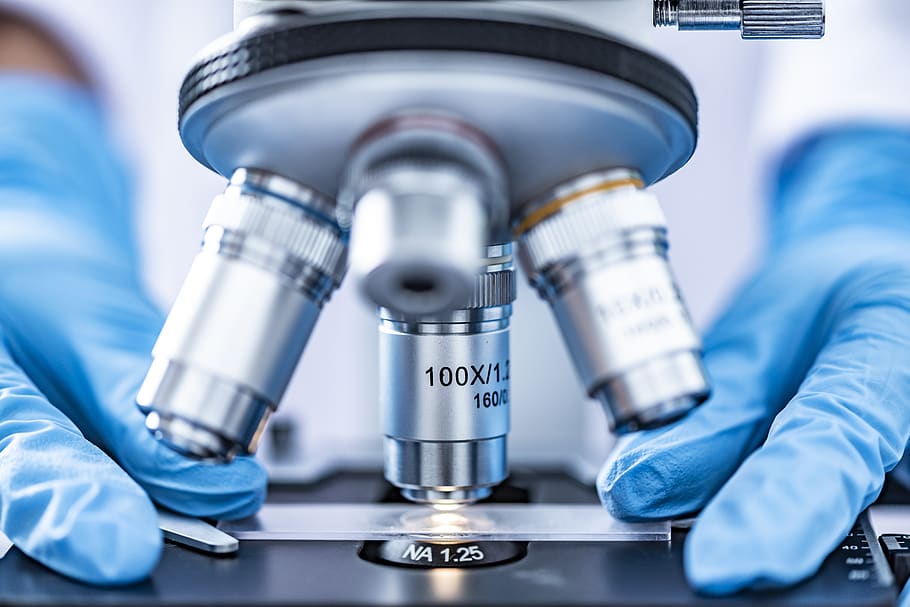Fight or flight: The potential co-evolution of powered flight and disease resistance in bats
In the wake of COVID-19, bats have swooped into the spotlight due to their ecological role as natural reservoirs for viruses. Some of these viruses, such as SARS-CoV-2, can cross into different species, becoming zoonotic viruses. But despite the cocktails of viruses existing in bats across over a thousand species, they remain mostly asymptomatic when […]








